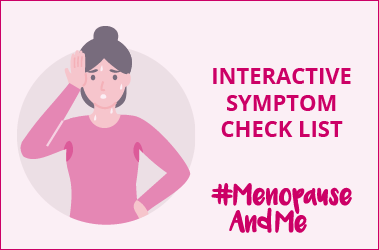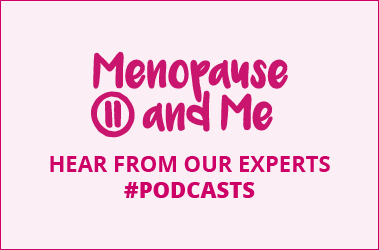
Breast cancer
Around 70% of women will have menopausal symptoms during and after treatment for breast cancer. Some treatments can cause an earlier menopause and significant menopausal symptoms.
Chemotherapy treatment can cause menopausal symptoms in pre-menopausal women because their ovaries, which produce oestrogen, are affected by the treatment. For some this may cause an earlier, more sudden menopause. Symptoms are often more intense than when the menopause occurs naturally. However, periods can also stop temporarily during chemotherapy and menopausal symptoms may continue until regular periods return.
Oestrogen can play a part in stimulating some breast cancers to grow (known as oestrogen receptor positive breast cancer). Therefore treatment is given to reduce oestrogen levels, or block its action, resulting in menopausal symptoms. These treatments are called hormone (endocrine) treatment and ovarian suppression or ablation (stopping the ovaries working temporarily or permanently).
Going through the menopause, especially if it's early or sudden, or having menopausal symptoms may affect your confidence and self-esteem and make you feel less feminine. You may also feel as if you have quickly become old or that you have lost control over what's happening in your life.
For some women, menopausal symptoms can be severe and have a significant impact on their quality of life.
If you are suspected of having breast cancer, currently suffer from or have a history of breast cancer, then these are contraindications (a factor preventing) to the use of hormone replacement therapy (HRT).
For women with, or at a high risk of breast cancer, your healthcare professional will discuss your symptoms and can advise on the available treatments to help you.
If you are concerned about breast cancer, do seek advice from your healthcare professional.
Recommended for you
Job Code: NON-2022-0120
Date of preparation: February 2022





